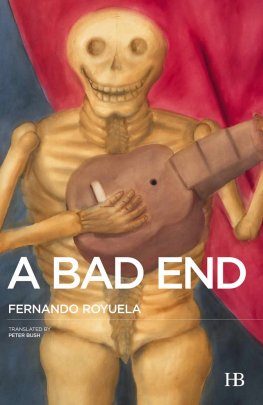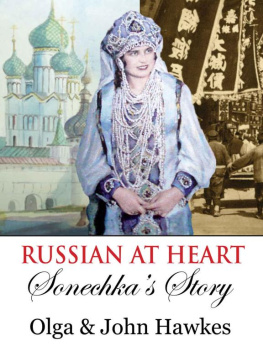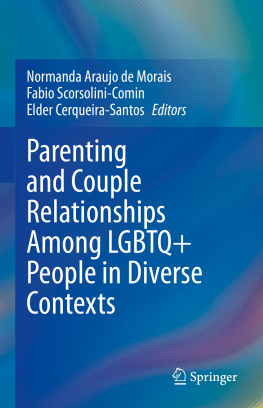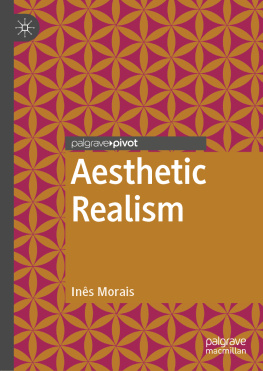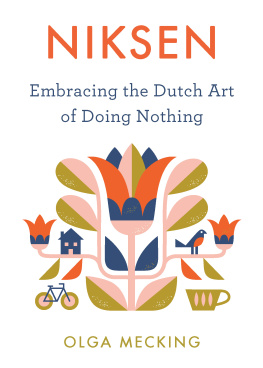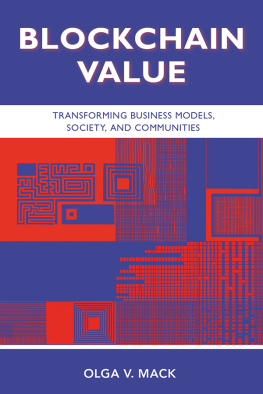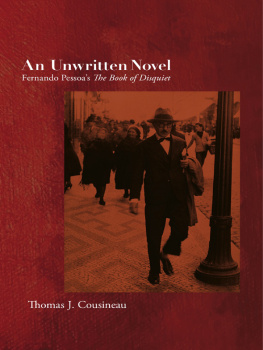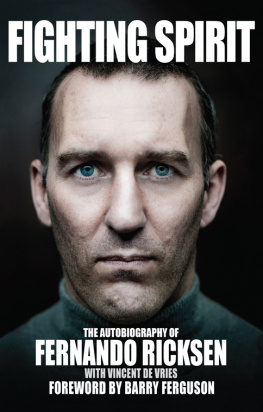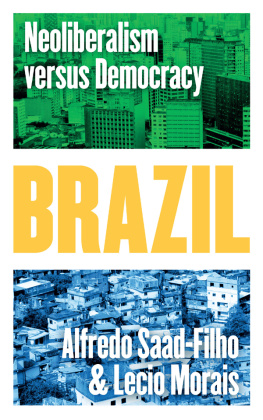Fernando Morais - Olga
Here you can read online Fernando Morais - Olga full text of the book (entire story) in english for free. Download pdf and epub, get meaning, cover and reviews about this ebook. year: 1936, publisher: Grove/Atlantic, Inc., genre: Non-fiction. Description of the work, (preface) as well as reviews are available. Best literature library LitArk.com created for fans of good reading and offers a wide selection of genres:
Romance novel
Science fiction
Adventure
Detective
Science
History
Home and family
Prose
Art
Politics
Computer
Non-fiction
Religion
Business
Children
Humor
Choose a favorite category and find really read worthwhile books. Enjoy immersion in the world of imagination, feel the emotions of the characters or learn something new for yourself, make an fascinating discovery.

- Book:Olga
- Author:
- Publisher:Grove/Atlantic, Inc.
- Genre:
- Year:1936
- Rating:4 / 5
- Favourites:Add to favourites
- Your mark:
- 80
- 1
- 2
- 3
- 4
- 5
Olga: summary, description and annotation
We offer to read an annotation, description, summary or preface (depends on what the author of the book "Olga" wrote himself). If you haven't found the necessary information about the book — write in the comments, we will try to find it.
Olga — read online for free the complete book (whole text) full work
Below is the text of the book, divided by pages. System saving the place of the last page read, allows you to conveniently read the book "Olga" online for free, without having to search again every time where you left off. Put a bookmark, and you can go to the page where you finished reading at any time.
Font size:
Interval:
Bookmark:
olga

Fernando Morais
Translated from the Portuguese by Ellen Watson

Copyright 1985 by Fernando Morais
Translation copyright 1990 by Grove Press, Inc.
All rights reserved. No part of this book may be reproduced in any form or by any electronic or mechanical means, including information storage and retrieval systems, without permission in writing from the publisher, except by a reviewer, who may quote brief passages in a review. Any members of educational institutions wishing to photocopy part or all of the work for classroom use, or publishers who would like to obtain permission to include the work in an anthology, should send their inquiries to Grove/Atlantic, Inc., 841 Broadway, New York, NY 10003.
Printed in the United States of America
Published simultaneously in Canada
First published in Portuguese in Brazil in 1985 by Editora Alfa-Omega, So Paulo.
The article on page 130 is copyright 1936 by The New York Times Company.
Reprinted by permission.
Library of Congress Cataloging-in-Publication Data
Morais, Fernando.
[Olga. English]
Olga / Fernando Morais : translated from the Portuguese by Ellen Watson.
p. cm.
Translation of: Olga.
Includes bibliographical references.
eBook ISBN-13: 978-0-8021-9944-7
1. Benario-Prestes, Olga, 1908-1942. 2. CommunistsGermanyBiography. 3. CommunistsBrazilBiography. 4. CommunismBrazilHistory20th century. I. Title.
HX274.7.B46M6713 1990
324.243075092dc20
[B]
90-40479
Designed by Irving Perkins Associates
Grove Press
an imprint of Grove/Atlantic, Inc.
841 Broadway
New York, NY 10003
For Carlinhos Wagner, with much affection
Prestes and Olga never married officially. They tried to but circumstances prevented them.
WHAT YOU ARE about to read is true and relates events that happened exactly as described here. The life story of Olga Benario Prestes has fascinated and tormented me since my adolescence when I heard my father refer to Filinto Mller as the man who sent Lus Carlos Prestess wife, a Jewish Communist, who was seven months pregnant at the time, to Adolf Hitler as a gift. Haunted by this image, I resolved to write about Olga, a project I jealously guarded during the black years of state-sponsored terrorism in Brazil, when it would have been unimaginable for such a story to get past the censors.
Three years ago, after beginning my research, I realized it would be much more difficult to compose a portrait of Olga than I had originally supposed. I found practically no information about her in Brazil and was surprised to discover that even the official historiography of the Brazilian workers movement, commissioned by political parties or analyzed by Marxist scholars, invariably relegated her to the subordinate role of Prestess wife. I uncovered no more than a few vague and superficial paragraphs about her. There was another obstacle: Olga would have been seventy-four years old if she had been alive and, since she became a political activist at a precocious age, most of those with whom she had shared such turbulent times were already dead. The few surviving witnesses whether in Germany or in Brazilwere at least octogenarians, many without the memory or health to sift through the details of events that occurred half a century ago.
My first and obvious target was Lus Carlos Prestes. The Saturday afternoons I stole from him in Rio de Janeiro produced pages and pages of precious information, much of it previously unpublished. And in my struggle to break down the barriers he instinctively imposed to avoid discussing personal matters, I was often moved to see that the stern Communist, who projected an image of A.M.n of action, didnt hide his emotions when revealing details of Olgas personality or recalling incidents in the short and dramatic life they had together. A man of prodigious memory, Prestes was able to recall with great precision the time of a departure or the exact words of a conversation that had occurred fifty years earlier. Very rarely did information provided by him, when checked against official documents, turn out to be incorrect. After reviewing the tapes of our interviews, I began researching new facts and personalities involved in the Communist revolt of 1935. Meanwhile, a young lawyer and bibliographer, Antonio Srgio Ribeiro (one of Brazils foremost experts on Carmen Miranda), rummaged through stacks of newspapers and magazines, flight records, and reports on ship movements in and out of various ports.
The next step involved a trip to the German Democratic Republic, where, contrary to my experience in Brazil, I found a veritable gold mine of information. The memory of Olga, a national hero whose name graces dozens of schools and factories, was affectionately preserved by the Communists in her homeland. The Institute of Marxism-Leninism, the Committee of Anti-Fascist Resistance, and the small museums at the Ravensbrck concentration camp and the Bernburg extermination camp (both preserved as they were found by Allied troops) made available all documents and photographs in their files relating to Olga Benario. With the invaluable assistance of Alexandre Fischer and Katharina Schneider, interpreters assigned by the government of the GDR to help me with my research, I was able to select and reproduce the available material, as well as to interview those who I believe are the only surviving militants who had shared experiences with Olga in the Communist Youth during the twenties or, a decade later, in Nazi concentration camps. I will never forget the tears of Gabor Lewin, by then an elderly man, when we talked in his home, emptying a bottle of cognac while a ten-degrees-below-zero wind whistled outside. When I asked if he could confirm the legend that Olga had inspired burning passions in her comrades in the Communist Youth, Lewin began weeping. His wife, Herta, eased my discomfort, remarking with a smile, Olga was the great passion of Gabors life. In the modest apartment of Ruth Werner, honorary lieutenant-colonel in the Soviet Red Army and one of Germanys greatest writers, I obtained copies of interviews she had conducted during the fifties with the survivors of Neuklln, Barnimstrasse, Lichtenburg, and Ravensbrck and not used in her book Olga Benario.
My work in East Germany would have been infinitely more difficult without the help of Dario Canale, a young man of Italian, German, and Brazilian descent (and whom I had interviewed in Brazil in 1967 when he was incarcerated in prison, accused of subversion). Canale helped me locate and select material about Olga and Otto Braun, escorted me to West Berlin to see the Moabit Prison, and prompted his mother-in-law, Elfriede Bruning, to invite her friends, activist Communists since the turn of the century, to dinners at her home, where I waited, tape recorder in hand.
In addition to the documents obtained, interviews with Olgas contemporaries were invaluable in reconstructing her time in Brazil. During the years she spent at Barnimstrasse, Lichtenburg, and Ravensbrck, she told her fellow prisoners much about her Brazilian experience: her passion for Prestes, her fascination with Brazil, her expectations following the frustrated revolt, her deep admiration for the solidarity of her fellow inmates in the prison on Frei Caneca in Rio. Since the Brazilian chapters of her life were the most obscure part of the investigation, I pressed Olgas friends in Berlin to their limits with questions about every moment of her seventeen months in Rioand in some cases came away with a flood of testimony.
Next pageFont size:
Interval:
Bookmark:
Similar books «Olga»
Look at similar books to Olga. We have selected literature similar in name and meaning in the hope of providing readers with more options to find new, interesting, not yet read works.
Discussion, reviews of the book Olga and just readers' own opinions. Leave your comments, write what you think about the work, its meaning or the main characters. Specify what exactly you liked and what you didn't like, and why you think so.


